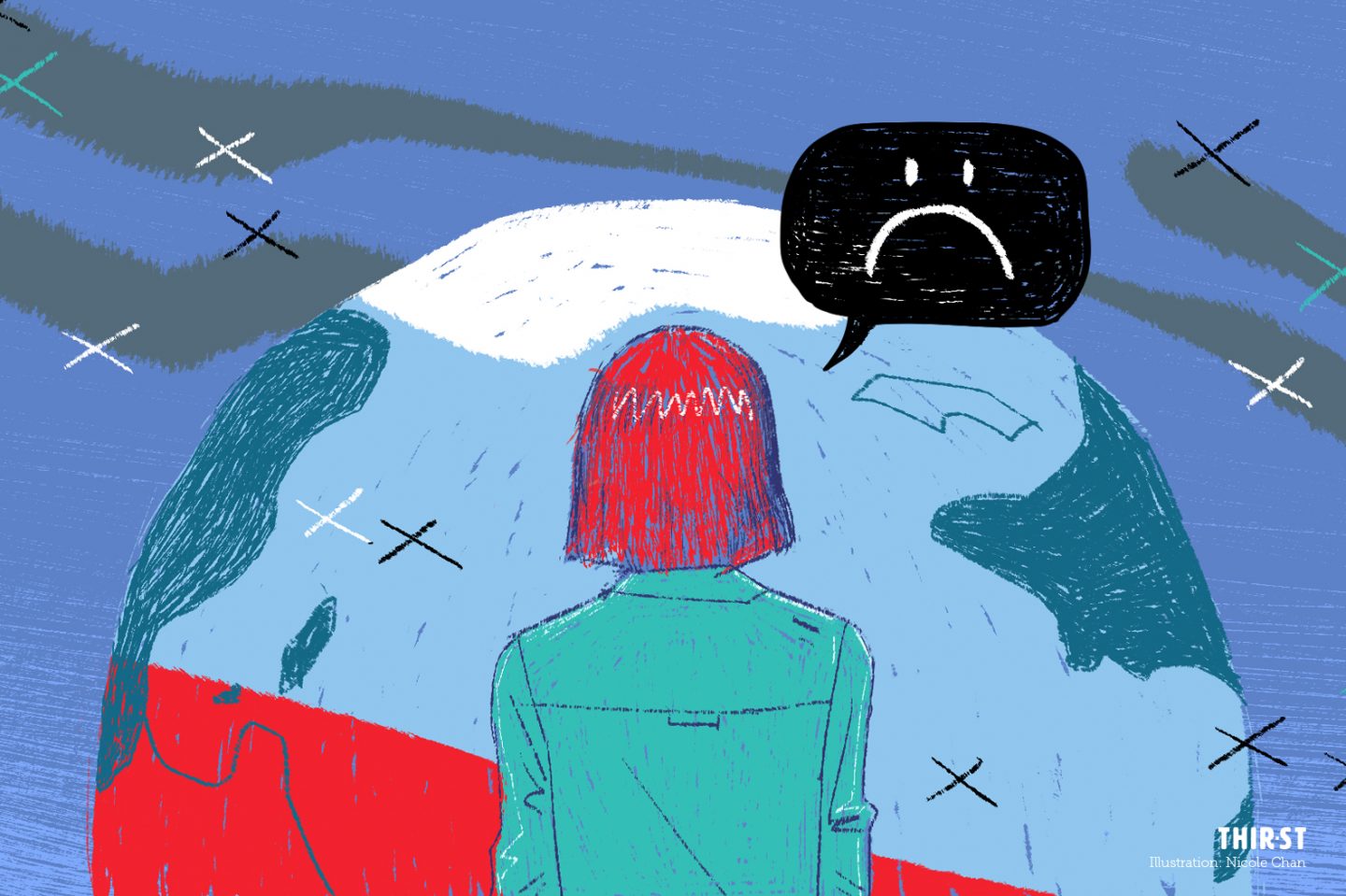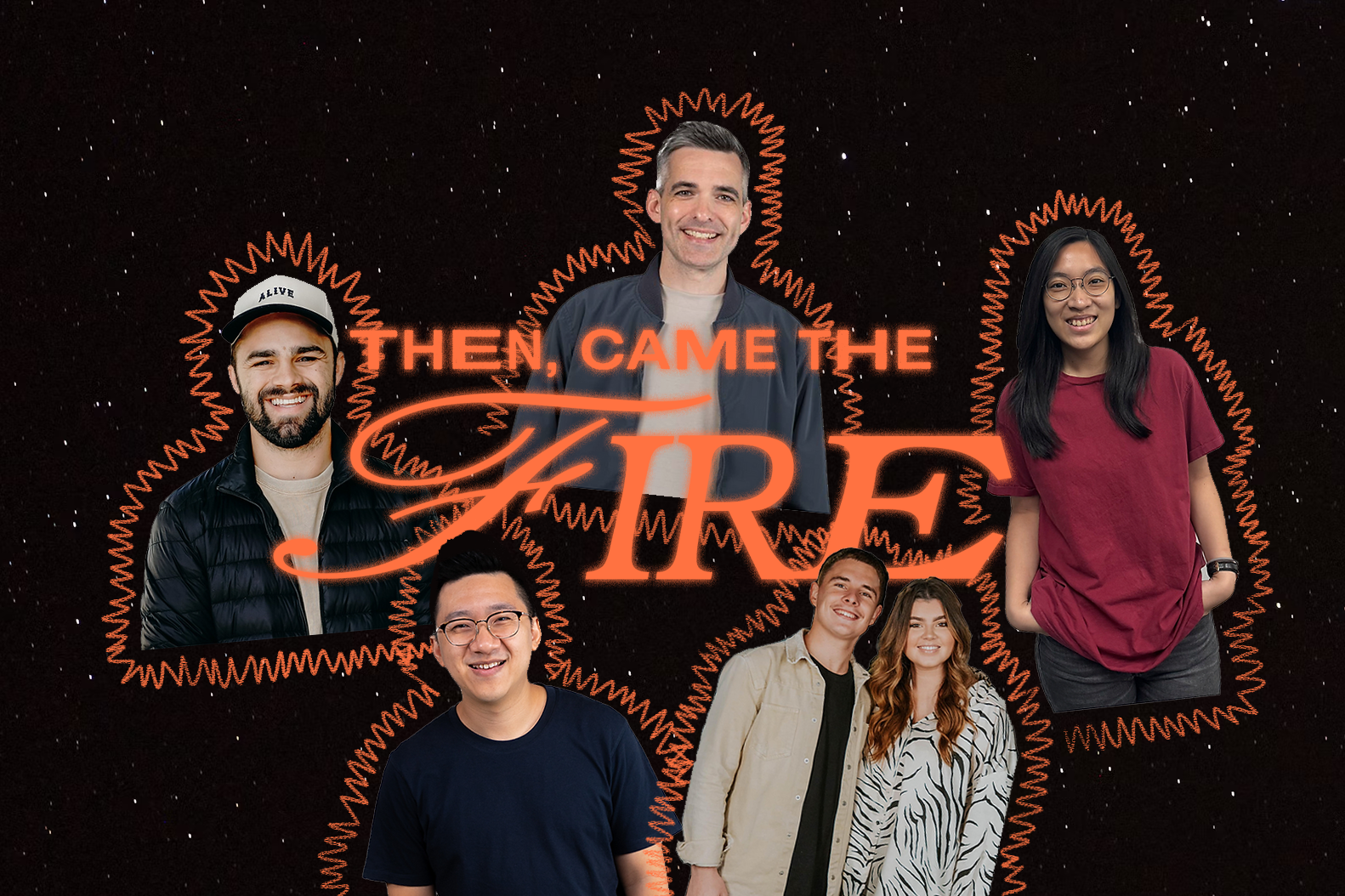What do you do with the mad that you feel
When you feel so mad you could bite?
When the whole wide world seems oh so wrong …
And nothing you do seems very right?
– What Do You Do with the Mad that You Feel, Fred Rogers
From 1968 to 2001, Fred Rogers hosted a children’s TV programme called Mister Roger’s Neighbourhood. It was important to Rogers that his young viewers (aged 2-5) were shown care, and taught that every person deserves to be loved.
Rogers’ message is one that even adults find difficult to hear. You deserve love.
What happens to children who were bullied – who were never told they are loved? Well, they become adults who struggle to accept and receive love.

The absence of love leaves a lot of room for fear to grow. And perhaps it’s not said a lot, but we all have fears. Some fear the dark, some fear dying unaccomplished, some fear being alone forever.
Fear is real, but so is love – even in the midst of all the problems we face in life.
Love is the great displacer of fear. How is it that love – a word so overused and underused at the same time – holds the key to so much in life?
Yet it does.
“Fear was so important, because fear left untreated becomes anger, and hatred, and resentment, and all the toxic things we have,” said Morgan Neville. Neville directed Won’t You Be My Neighbour, a 2018 documentary about Fred Rogers’ legacy.
… when the tide of negative feelings rises beyond our level of control, we need to know that it’s okay to hit the “stop” button.
A child once asked Rogers, an ordained Presbyterian minister, what to do with the “mad” that he felt.
We’re people, and we feel things – anger, sadness, happiness, hurt, envy, brokenness – but what do we do with it?
Rogers turned the child’s question into a song to help children know that their feelings are both “mentionable” and “manageable.”
It’s great to be able to stop
When you’ve planned a thing that’s wrong,
And be able to do something else instead
“When you grow up, you mask your feelings, hide your intentions, you become cynical and have no patience for any of that,” continued Neville.
I realise it’s counterintuitive for us to slow down to “catch” our feelings, to think of what we should do with them – these things don’t just come with age.
So when the tide of negative feelings rises beyond our level of control, we need to know that it’s okay to hit the “stop” button.
So it’s not ridiculous to pause to take a few deep breaths, to examine our anger, and to displace some of those feelings with love – for yourself and for those you’re angry at.
And think this song:
I can stop when I want to
Can stop when I wish.
I can stop, stop, stop any time.
And what a good feeling to feel like this
And know that the feeling is really mine.
Mister Rogers called it “the good feeling of control.” It belongs to us.
He wanted to help children to understand how to understand themselves, to give them the tools they needed to engage with the world we live in.
When the whole wide world seems oh so wrong and nothing you do seems very right, take a deep breath and hold good words to heart.
Know that there’s something deep inside
That helps us become what we can.
For a girl can be someday a woman
And a boy can be someday a man.
Who was the person you dreamt of becoming when you were younger?
It’s not too late. We’re all on this journey of becoming who we can be. And we’re not all that different after all – none of us has all the answers.
Wherever we go, we can carry in our pockets a little bit more compassion, and a little bit more forgiveness – both for ourselves and for the person we’re sitting across the table from.
“And where is this voice in our culture today?” Neville asked. “Where are the grownups in our culture?
He (Rogers) was the consummate grownup voice I’d been craving. There was nothing in it for him. He was empathetic, he was looking out for our long-term well-being.”
The road is long, but the road is worth taking. Make it to the glorious end.
And at the end of our lives, perhaps we’ll be able to look back and see that we grew to become grownups who looked out for the long-term well-being of others – like Mister Rogers.
We can make the whole wide world a little better just by caring for someone.









